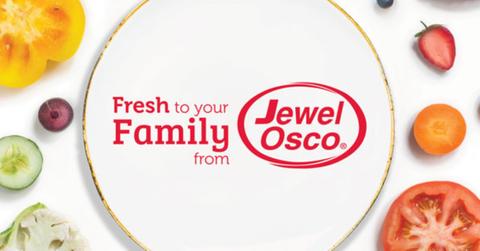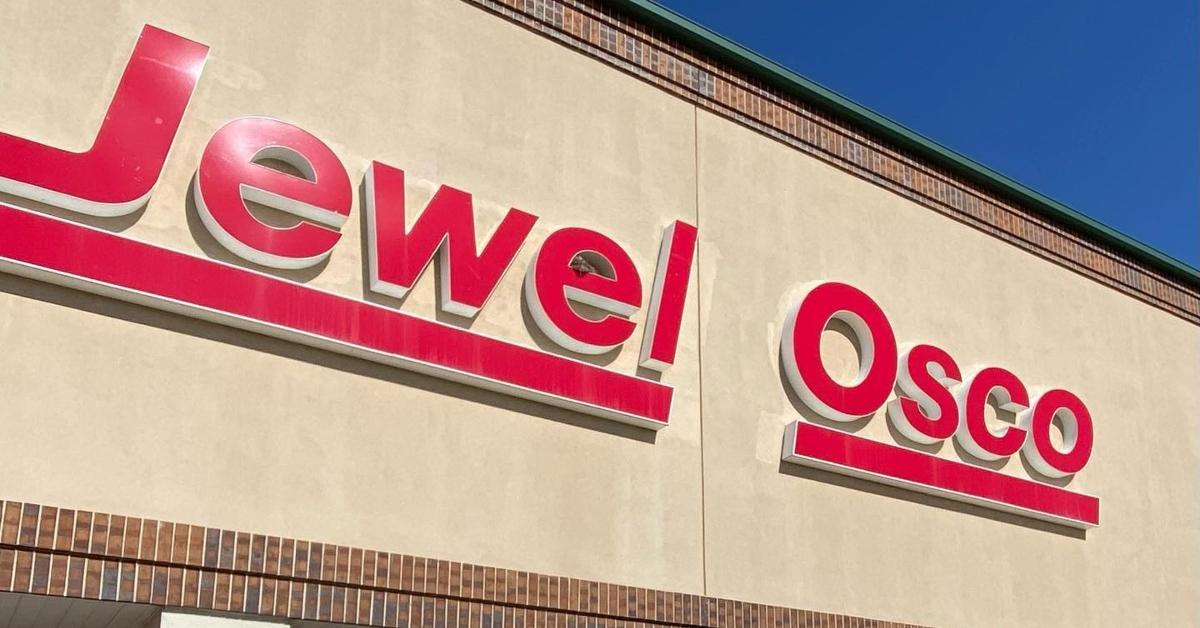Will the Kroger-Albertson's Merger Force Jewel-Osco Out of Business?
The proposed merger of Albertsons and grocery giant Kroger could impact the future of Jewel-Osco. Is Jewel-Osco going out of business?
March 24 2023, Published 9:27 a.m. ET

Jewel-Osco is one of the largest supermarket chains serving the Chicago area. Founded in 1899 as a door-to-door coffee service, the Jewel grocery chain now operates about 185 stores in the Chicago area.
However, that could change with the proposed merger of Jewel’s parent company, Albertsons, and grocery giant Kroger. Is Jewel-Osco going out of business? Here's what we know.
Is Jewel-Osco going out of business?

Currently, there isn’t any news that Jewel-Osco is going out of business. That could change if the merger goes through. When the merger deal between Albertson’s and Kroger was announced in October 2022, the Chicago Sun-Times reported that the two grocery chains might have to close or sell about 400 stores to avoid antitrust issues.
Who owns Jewel-Osco?
Albertson's had owned Jewel-Osco since 1999 when it bought it from American Stores in an $11.7 billion deal. The stores have been called Jewel-Osco since the Jewel Company bought out Chicago-based Osco Drug stores in 1961, and the stores started offering groceries and pharmacy items.
Did Jewel-Osco get bought out?
Jewel-Osco is one of the subsidiaries of Albertson's that would be included in the pending $20 billion merger with Kroger. Boise, Idaho-based Albertson's has about 2,273 stores in 34 states. Besides Jewel-Osco, it also owns Safeway, Kings, Vons, and United Supermarkets.
Albertson's and Kroger agreed to a merger in October 2022 as a way to compete with larger chains like Walmart and Amazon. Kroger offered to buy Albertson's for $20 billion and also assume $4.7 billion of Albertson's debt, the Sun-Times reports.

"We are bringing together two purpose-driven organizations to deliver superior value to customers, associates, communities and shareholders," said Rodney McMullen, Kroger chairman and chief executive officer, in a statement. "Albertsons Cos. brings a complementary footprint and operates in several parts of the country with very few or no Kroger stores.”
When will the Kroger-Albertson's merger go through?
Although the Kroger-Albertson's merger is expected to close in early 2024, it could be delayed by the FTC’s investigation into whether the merger violates antitrust guidelines. Both supermarket chains hold significant market share in the grocery store industry. Once merged, they would command about 13 percent of U.S. food-retail sales, The Wall Street Journal reports.
Kroger is currently the nation’s largest supermarket chain, with about 2,800 stores in 35 states. The Kroger family includes Pick’n Save, City Market, Dillons, Food 4 Less, and Fred Meyer grocery stores.
Unions representing Kroger and Albertson's employees have been protesting the possible merger since it was announced, Supermarket News reports. Consumers also want to block the merger. Several states have launched their own antitrust investigations into the Kroger-Albertson's merger.
Consumers from 11 states also filed a class action lawsuit filed in California, claiming the merger would “be used to increase prices for groceries, decrease the quality of food, eliminate jobs, close stores, and offer less choice for consumers,” the Seattle Times reports.
In a statement to Supermarket News, Kroger officials said the merger with Albertson's would provide “meaningful, measurable benefits to all stakeholders, including lowering prices, providing more choices and establishing a more competitive alternative to large, non-union retailers.”
